There was a time when marijuana was considered to be only a recreational, gateway drug - vilified in movies, an excuse for racial disparities in law enforcement. Thankfully, this perception has faded as more and more scientific research proves that medical marijuana can naturally enhance quality of life, both physically and psychologically. For example, a recent University of Colorado study concluded that medicinal cannabis is a helpful and motivating tool in creating an active lifestyle among people over the age 50.
As cannabis legalization expands throughout the United States and physicians search for new patient care options, scientists have delved deeper into the plant's benefits for the human body. Here, The Bluntness takes a brief look at how cannabis affects the human immune system and its potential benefits.*
How Does Medical Marijuana Interact With The Immune System?
Our immune system is highly complex. The system that maintains homeostasis or balance in the body is the endocannabinoid system (ECS), which was first discovered in the late 1980's. Largely comprised of endocannabinoids, receptors, and enzymes, the ECS is believed to help regulate a variety of human functions including stress, mood, memory, metabolism, digestion, pain sensation and more. The ECS is not isolated like other biological systems, as it can be found throughout the human body and in some animals.
Even today, research continues on the ECS, how it functions and how it can be used to fight disease and viruses.
The ECS is made of lipid-based neurotransmitters, which are basically a type of chemical messenger. These neurotransmitters travel across chemical synapses or "specialized roadways" of the nervous system and regulate cellular activity. In other words, the endocannabinoid system is responsible for maintaining a well-balanced and strong immune system.
The three key pieces of the human ECS are:
1. Endocannabinoids: Small molecules that activate cannabinoid receptors
2. Cannabinoid Receptors: Found on the surface of cells, they help regulate the immune system
3. Metabolic Enzymes: Responsible for breaking down Endocannabinoids after they are used.
Cannabis molecules interact with the ECS. THC (tetrahydrocannabinol) , marijuana's most famous and intoxicating cannabinoid, and CBD (cannabidiol), the non-psychoactive component of marijuana with numerous, proven health benefits , both act as immunosuppressants when the immune system works perfectly. Immunosuppressants are a class of drugs that suppress or reduce the strength of the body's immune system.
However, when the immune system is affected by another agent, like infection or physical damage, then THC and CBD can act as immunomodulators - or a drug that helps regulate or normalize the immune system. The most prevalent Health and Wellness studies of THC and CBD on the immune system are in the areas of inflammation and pain management.
But remember, before undertaking any treatment involving medical marijuana, please discuss the risks and benefits with your physician and ensure all medications are obtained legally from a reputable outlet.
The Role Of Medical Marijuana In Reducing Inflammation
 Cannabis acts as an additional weapon in the body's fight against inflammationSebastian Kaulitzki, Shutterstock
Cannabis acts as an additional weapon in the body's fight against inflammationSebastian Kaulitzki, ShutterstockInflammation is the body's natural response when there’s an activity that harms the organism. When the white blood cells, as the first line of defense, discover a threat, most often in the form of bacteria or viruses, they transfer the information. The body reacts by increasing its temperature creating what is commonly known as inflammation.
Sometimes the body reacts to inflammation when there is no infection or trauma. In short, the body attacks its own immune system, causing pain, swelling, and joint stiffness. Autoimmune diseases such as rheumatoid arthritis, inflammatory bowel disease, Crohn’s disease, and fibromyalgia fall into this category.
CBD and THC bind with the body’s cannabinoid receptors, effectively acting as another weapon in the fight against inflammation. These receptors are also found in the digestive tract, which explains why medical marijuana has been an effective and recommended therapy for inflammatory bowel disease.
In addition, medical marijuana inhibits the production of cytokines, molecules that stimulate immune system cells to rush to the area that has been injured or infected. By reducing cytokines in the body, medical marijuana effectively lessens inflammation.
The Role Of Medical Marijuana In Managing Pain
 Research has shown marijuana can be effective in treating chronic painSebastian Kaulitzki, Shutterstock
Research has shown marijuana can be effective in treating chronic painSebastian Kaulitzki, ShutterstockSufferers of rheumatism, arthritis, neuropathy (nerve pain) and other chronic illnesses frequently experience unbearable muscle, bone, and joint pain. Traditional treatment usually involves a regimen of pharmaceutical painkillers such as opioids which, while highly effective, oftentimes lead to an even more serious problem with addiction.
Many studies have looked at the effects of marijuana for chronic pain. A 2015 research review on the use of marijuana for various chronic pain conditions reported positive results suggesting that THC and/or CBD are as effective as opioids in treating some types of chronic pain. A 2016 research paper found that, for some cancer patients, medical marijuana use led to a 64% reduction in opioid use, improved quality of life, and caused fewer medication side effects. It also led to participants using fewer medications.
Just like medical marijuana helps with reducing inflammation, it does the same with the pain. CBD and THC interact with the endocannabinoid receptors attached to the cells. The receptors transfer the information to the brain, thereby easing the pain sensation via a natural pain reliever.
*DISCLAIMER: The information in this article is for educational purposes only. It does not exploit or provide medical advice of any kind. Therefore, any reliance you place on the information provided is strictly at your own risk. Please check with your medical provider before starting or changing to a medical marijuana treatment regimen.
WANT MORE? Sign Up for The Bluntness Newsletter for Your Weekly Dose of Cannabis News
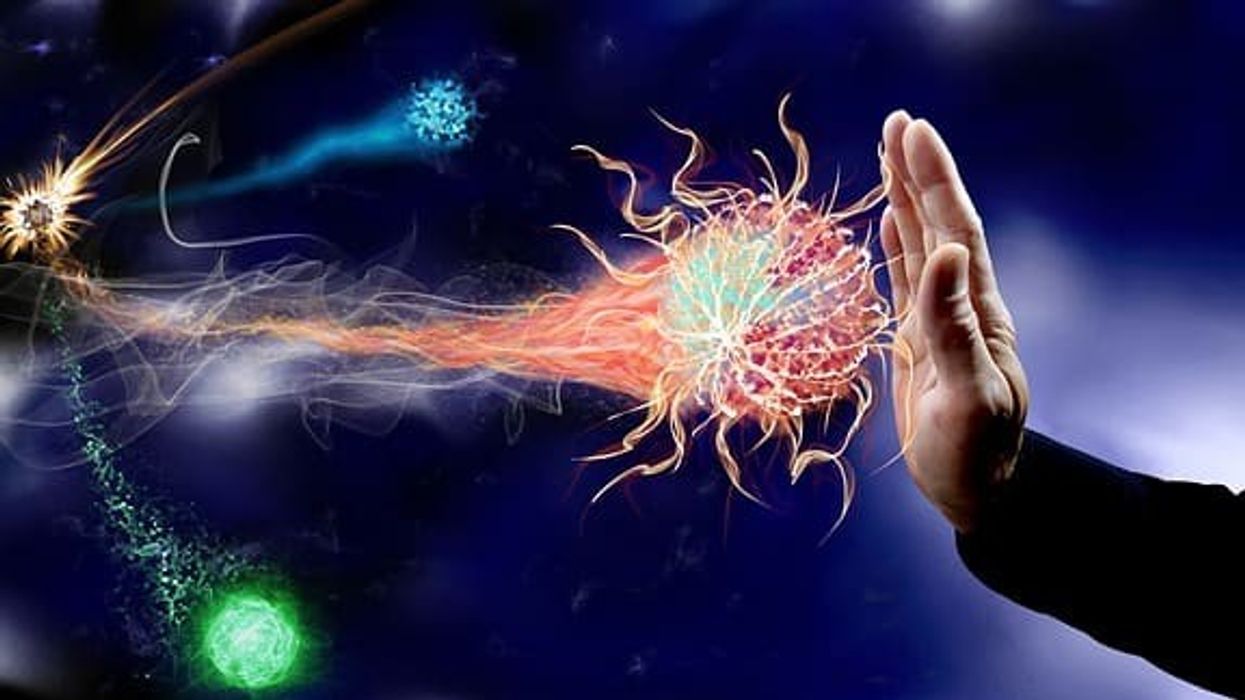

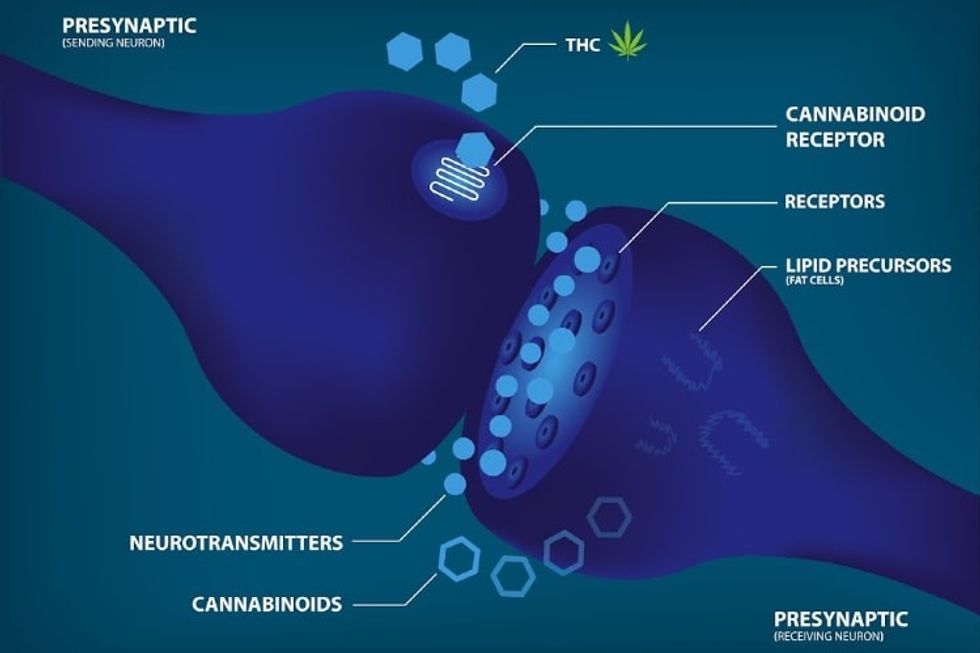





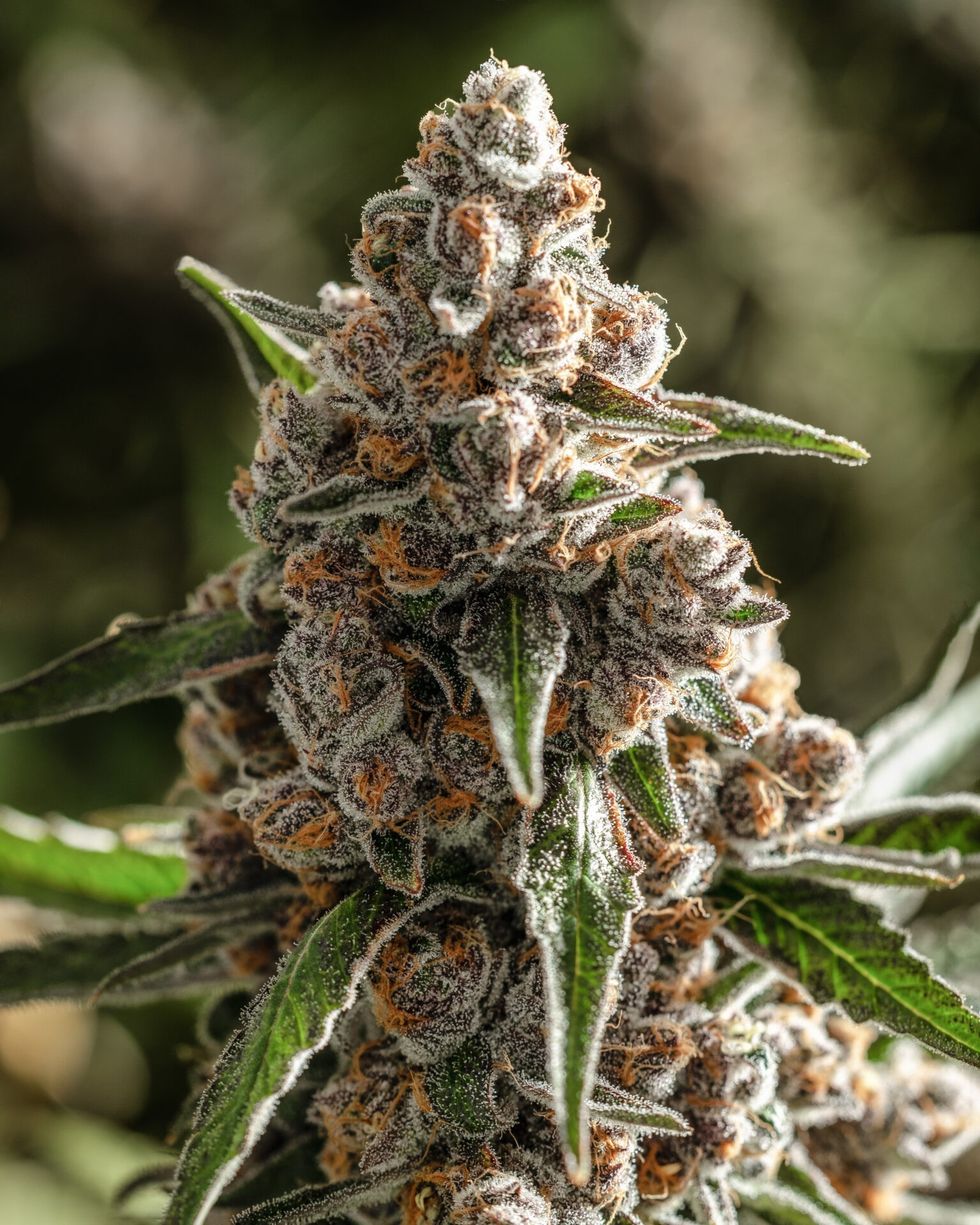 Super Boof Strain: 2024 Strain of the Year - The Bluntness
Super Boof Strain: 2024 Strain of the Year - The Bluntness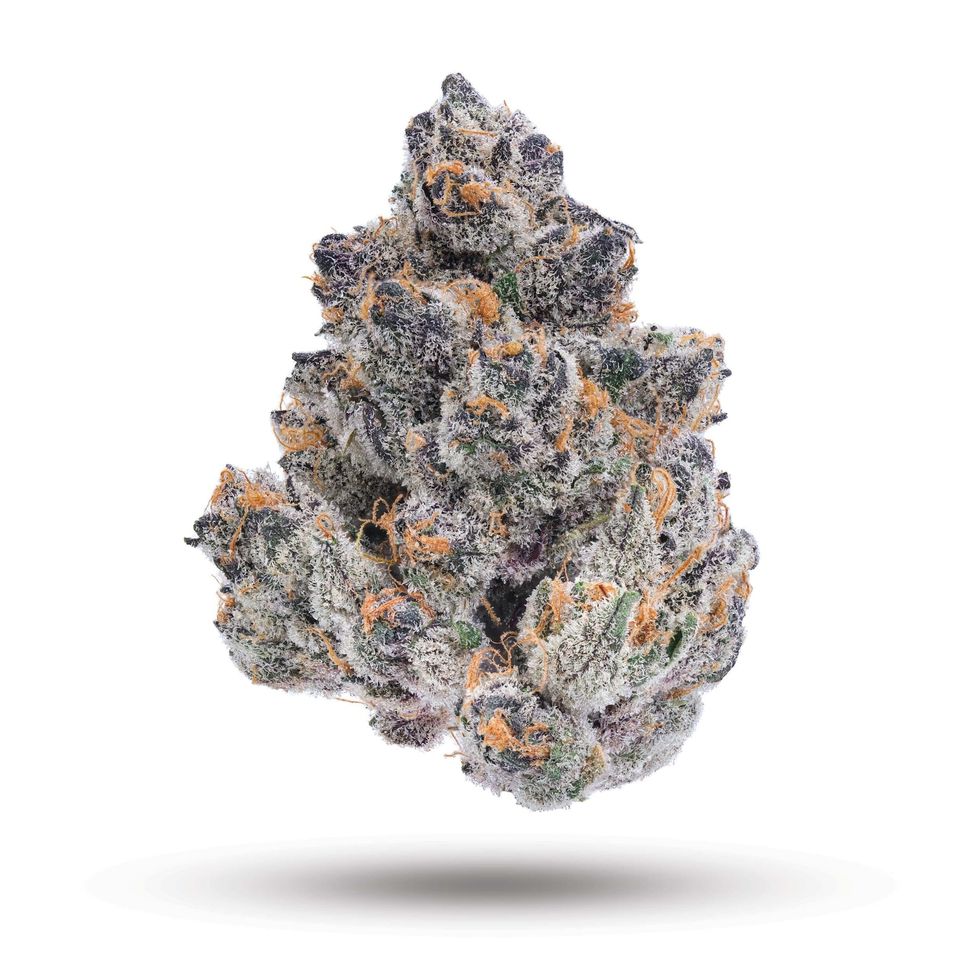 Super Boof Strain: 2024 Strain of the Year - The Bluntness
Super Boof Strain: 2024 Strain of the Year - The Bluntness






 How Long Do Shrooms Last? Magic Mushroom Guide for Beginners - The Bluntness
How Long Do Shrooms Last? Magic Mushroom Guide for Beginners - The Bluntness Psilocybin can provide a life-altering experience. -The Bluntness
null
Psilocybin can provide a life-altering experience. -The Bluntness
null
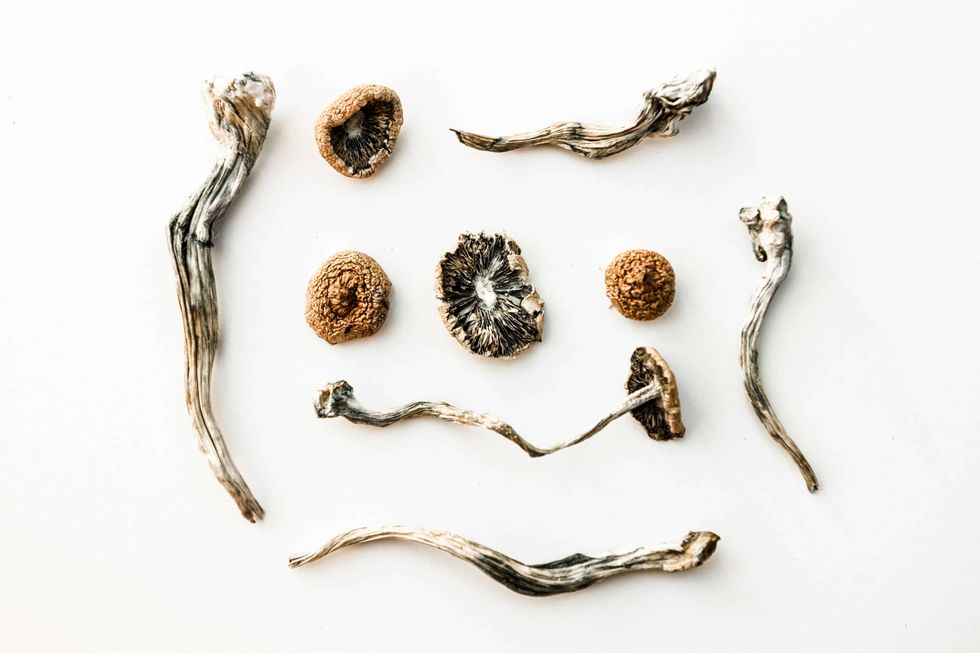 “Don’t diddle the dose. Once you have done your homework, go for it.” -- Terence McKenna
The Bluntness
“Don’t diddle the dose. Once you have done your homework, go for it.” -- Terence McKenna
The Bluntness These mushrooms taste gross, but there are ways around that.The Bluntness
These mushrooms taste gross, but there are ways around that.The Bluntness These mushrooms taste gross, but there are ways around that.
These mushrooms taste gross, but there are ways around that.



 Best Weed Smoking Games to Try - Jammin'
Best Weed Smoking Games to Try - Jammin' The 31 Best Weed Smoking Games To Try
The 31 Best Weed Smoking Games To Try The Best Weed Smoking Games
The Best Weed Smoking Games The Best Weed Smoking Games to Try
The Best Weed Smoking Games to Try
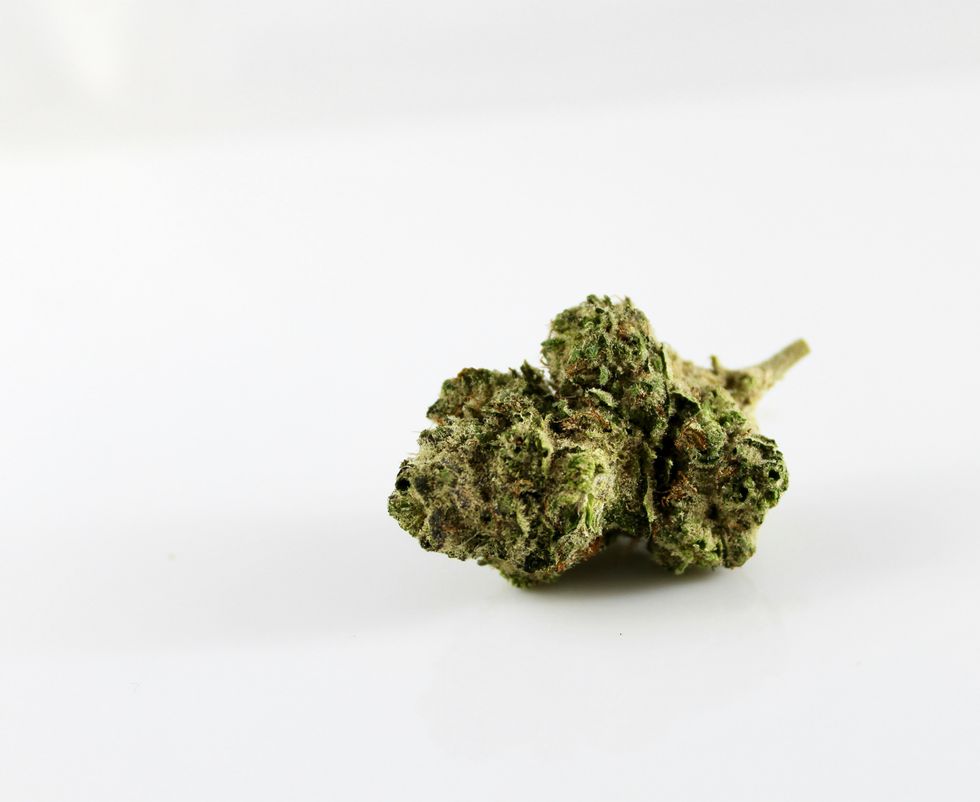
 Stoner Games - Games to Play While High
Stoner Games - Games to Play While High The Best Weed Smoking Games to Play
The Best Weed Smoking Games to Play The Best Weed Smoking Games to Try
The Best Weed Smoking Games to Try
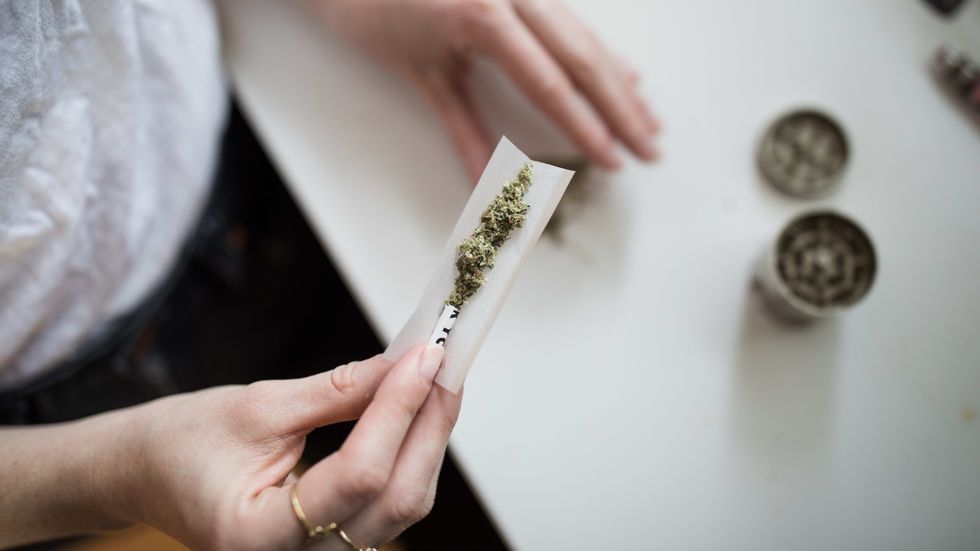 The Best Weed Smoking Games to Try
The Best Weed Smoking Games to Try
 The Best Weed Smoking Games to Play
The Best Weed Smoking Games to Play The Best Weed Games to Play
The Best Weed Games to Play The Best Weed Smoking Games to Try
The Best Weed Smoking Games to Try The Best Weed Smoking Games to Play
The Best Weed Smoking Games to Play The Best Weed Smoking Games to Try
The Best Weed Smoking Games to Try Games for Stoners
Games for Stoners  woman in white and blue floral shirt sitting beside woman in white and black floral shirtPhoto by
woman in white and blue floral shirt sitting beside woman in white and black floral shirtPhoto by 
 The Best Weed Smoking Games to Play
The Best Weed Smoking Games to Play
 The Best Weed Smoking Games to Try
The Best Weed Smoking Games to Try The Best Weed Smoking Games to Try
The Best Weed Smoking Games to Try world map with pinsPhoto by
world map with pinsPhoto by 
 The Best Weed Smoking Games to Try
The Best Weed Smoking Games to Try

 The Truth About THC Candle: Cannabis Candles & How to Make Your Own - The Bluntness
Photo by
The Truth About THC Candle: Cannabis Candles & How to Make Your Own - The Bluntness
Photo by